Mental Health Moment 8/1/2024
Who to call in a mental health crisis? (Part 1)
Content Warning: police violence, mental health crisis
Recently, I was asked how a person could best help someone experiencing a mental health need or crisis. While there are several ways to offer support, I would like to first explore who you can turn to for assistance.
Several years ago, the general public began to scrutinize how mental health crises are handled in this country. There have been too many stories of people calling 911 for mental health assistance, only to have the situation turn tragic when an untrained officer used lethal force instead of de-escalation techniques. Full disclosure: I write this as a mental health worker who has had to call 911 for police and medical assistance when crises have turned dangerous and de-escalation had failed.
In response to these tragedies, more people and agencies have started advocating for trained mental health workers on response teams for mental health crises. Perhaps the most well-known program is Seattle’s CAHOOTS, which deploys response teams consisting of a mental health worker and a medic for calls that would likely benefit from an alternative to police intervention.
In Chicago, several agencies have created similar programs that you can access. To be clear, I cannot promise that calling these numbers will not result in some level of police response. However, these programs aim to minimize danger to people in crisis and improve the quality of care and compassion. Here are two ways to find the services closest to you:
988 Suicide and Crisis Hotline: A national network of local crisis responders, available 24/7.
Illinois Department of Human Services Mental Health Providers: DHS-funded agencies providing SAMSHA Crisis Services.
—Jennifer Kronk is a Licensed Clinical Professional Counselor practicing in the Chicago area.

